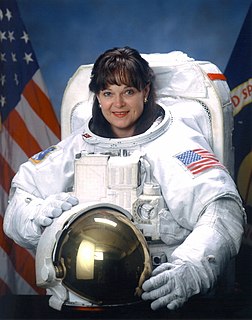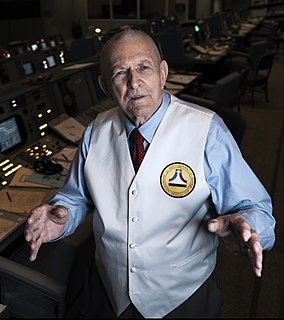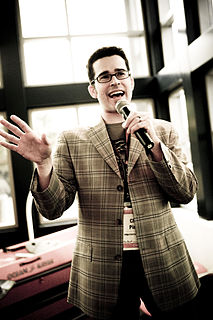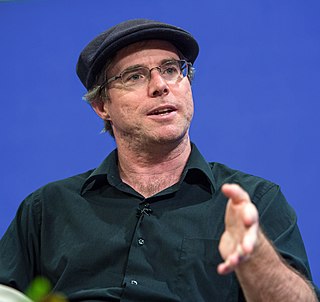A Quote by Chris Hadfield
The rough and ready improvisational quality to life on board the International Space Station is reminiscent of a long trip in a sailboat: privacy and fresh produce are in short supply, hygiene is basic, and a fair amount of the crew's time is spent just on maintaining and repairing the craft.
Related Quotes
One of the things that makes it so challenging is that we're constructing the Station hundreds of miles above the surface of the Earth and we're doing it one piece at a time For the International Space Station we do not have the privilege of assuming the Space Station is on the ground before we take it up one piece at a time. So we have to be very clever about the testing that we do and the training that we do to make sure that each mission is successful, and that each piece and each mission goes just as it's planned.
The Russians have been flying long duration crews since the early '70's. And in the early days, they've ended at least two missions early because of conflicts within the crew. So, they learned early on the importance of studying this and making sure you put the right crew together. Since we began our work together on the International Space station with the Russians in the early 2000's, NASA has started to learn the importance of this kind of work. And so, I think it's important work and we are not fully onboard and recognize it as important.
At one time, I hated the iPhone - but that was only before I used one for the first time. Now, it would be difficult for me to make the switch to any other platform. I've spent a fair amount of money on apps that continue to ride with me as I upgrade my iS devices. The iPhone certainly has its share of flaws and shortcomings, but having spent a great deal of time with other devices that claim to be "killer" continue to fall short. The industry needs competition, but I just need my mobile communications computer to work with a healthy array of software.
When Russians were having troubles, the Space Shuttle supported the Space Station Mir bringing up much needed supplies and replacements, critical spares, really. That they were able to keep their space station going for much longer than they would have without us. So, I think that shows the value of international cooperation.
In 2009 I went up on the space shuttle. I was in space for 16 days and docked at the space station for 11 days. The entire crew did five space walks, of which I was involved with three of them. When you're doing a space walk, you always have a buddy with you. It's a very dangerous environment when you're doing a space walk.



























